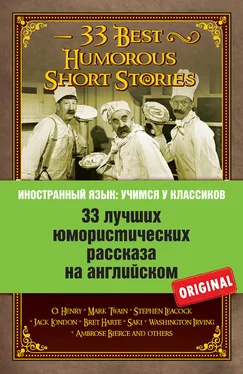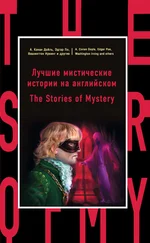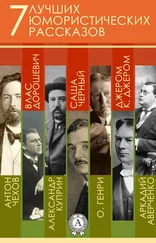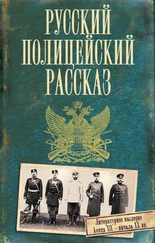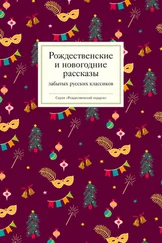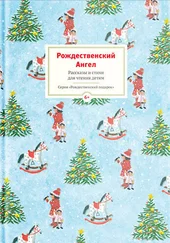Peg Woffington– Margaret ‘Peg’ Woffington (1720–1760), a well-known Irish actress
Queen Isabella– Isabella I (1451–1504), known as Isabella the Catholic, was queen of Castile and León. Her husband was Ferdinand II of Aragon.
Verb. sap.– verbum sapienti sat est, meaning ‘a word is enough for the wise’ ( Latin )
alibi– elsewhere ( Latin ); the term means the proof that a suspect could not be guilty of the crime in question as he/she was elsewhere.
habeas corpush– habeas corpus, a legal issue according to which an arrested person is to be brought into court, for the court to see the evidence and decide whether he or she is to stay in prison
jug dthe blag-yard– to jail
Maa dthe shaints presharve us– May the saints preserve us
Hivin hov mershy– giving of mercy
Dan O’Connell– Daniel O’Connell (1775–1847), called The Liberator, an Irish political leader who fought for Catholic Emancipation (the right for Catholics to sit in the Westminster Parliament)
Timotheus, who ‘raised a mortal to the skies’– an allusion to the ode ‘Alexander’s Feast, or the Power of Music’ (1697) by John Dryden. In the ode Alexander the Great, after his defeat of Darius, is giving a feast. Alexander’s bard Timotheus sings praises of him, glorifying him as a god.
Laborare est errare– to work is to err ( Latin ); it is an allusion to ‘laborare est orare’ – to work is to pray ( Latin ).
BY CH – L – TTE BR – NTE– here is meant Charlotte Brontё (1816–1855), a popular Victorian author, and the story is a parody of her most famous novel, ‘Jane Eyre’
Oui, Monsieur– Yes, Sir ( French )
Taisez-vous– shut up ( French )
The Legend of Sleepy Hollow
Hessian trooper– an 18h century German soldier engaged by the British Empire for military service
the Revolutionary War– the War of Independence (1775–1783) was caused by the rebellion of 13 American colonies of Great Britain; they proclaimed themselves independent, and the conflict followed.
The Battle of White Plains(October 28, 1776) – a battle near White Plains village (New York); British troops headed by General William Howe tried to cut off the way of retreating George Washington’s army. They didn’t succeed, but the American troops had to retreat farther.
Major André – John André, a brave and cunning spy, British officer during the American Revolution War, who convinced American general Benedict Arnold to sell out West Point. During one of his trips he was caught with incriminating documents and hanged at age 31.
Maddened by Mystery: or, The Defective Detective
Quel beau chien!– What a beautiful dog! ( French )
Ach! was ein Dog– That is the dog. ( German )
Gertrude the Governess: or, Simple Seventeen
Quelle triste matin!– What a sad morning!
Was fur ein allerverdamnter Tag!– What a… day! ( German and pseudo-German adjective)
A Hero in Homespun: or, The Life Struggle of Hezekiah Hayloft
table d’hô te– meals in a boarding-house when the same dishes are served to everybody present
nolle prosequi– refuse to pursue ( Latin ); the phrase meaning an abandonment of a suit (before the trial or verdict).
nec plus ultra– the (farthest) extremity ( Latin )
certiorari– an order by which a higher court checks a case of a lower court
Sorrows of a Super Soul: or, The Memoirs of Marie Mushenough
Hegel or Schlegel or Whegel– Georg Wilhelm Friedrich Hegel (1770–1831) was a German philosopher, one of the creators of German idealism; his works greatly influenced the development of philosophy. Karl Wilhelm Friedrich Schlegel (1772–1829) was a German poet, philosopher and linguist, one of the creators of the group of Jena Romantics. Whegel doesn’t exist.
Hannah of the Highlands: or, The Laird of Loch Aucherlocherty
Sair maun ye greet, but hoot awa!…– the lines are a parody of a Gaelic folk-song (Auld Lang Syne)
Bonnie Prince Charlie– Charles Edward Stuart (1720–1788), pretender to the British throne, son of James Stuart, also pretender to the British throne. It was Bonnie Prince Charlie who encouraged the Jacobite uprising of 1745.
the defeat of Culloden– the Battle of Culloden (1746) was the end of the Jacobite uprising of 1745; the supporters of Bonnie Prince Charlie were defeated.
the Bruce– Robert I the Bruce, King of Scots (1306–1329), great warrior, leader of Scotland during the Wars of Scottish Independence against England
Bannockburn– in the Battle of Bannockburn (1314) the troops of Scotts defeated the English army of King Edward II
the Covenanters– those who signed the National Covenant in 1638 (to oppose to the interference by the Stuart kings in the affairs of the Presbyterian Church of Scotland)
Montrose had passed on his fateful ride to Killiecrankie– in the battle of Killiecrankie (1689, the Scot Wars) John Graham, the 2nd Duke of Montrose, was killed.
William Wallace(c. 1270–1305) – one of the leaders during the Wars of Scottish Independence, commanded the troops in the Battle of Stirling (1297) that ended in the defeat of the English army
Rob Roy– Robert Roy MacGregor, a famous folk hero (the Scottish Robin Hood) of the early 18th century
Burne-Jones– Edward Burne-Jones (1833–1898), British Pre-Raphaelite painter
Alma Tadema– Sir Lawrence Alma-Tadema (1836–1912), Dutch-born English Classicist painter
been out on a hoot– had some fun
cul de sac– dead end street ( French )
nec plus ultra– the extremity ( Latin )
he registered as A.I., –was considered number 1 (suspect)
Chilcoot Trail– gold-diggers landed in Dyea and followed the Chilcoot trail to get to the lakes and then to the inner regions where the gold had been found
put the kibosh on– destroy, spoil, put an end to
Dawson– a town on the Klondike and Yukon Rivers, named after a Canadian geologist George M. Dawson, the main Klondike Gold Rush centre
Lake Bennett boat– from Bennett Lake the gold-seekers travelled by rafts or boats to Dawson City.
rough-on-rats– rat poison
Читать дальше
Конец ознакомительного отрывка
Купить книгу
